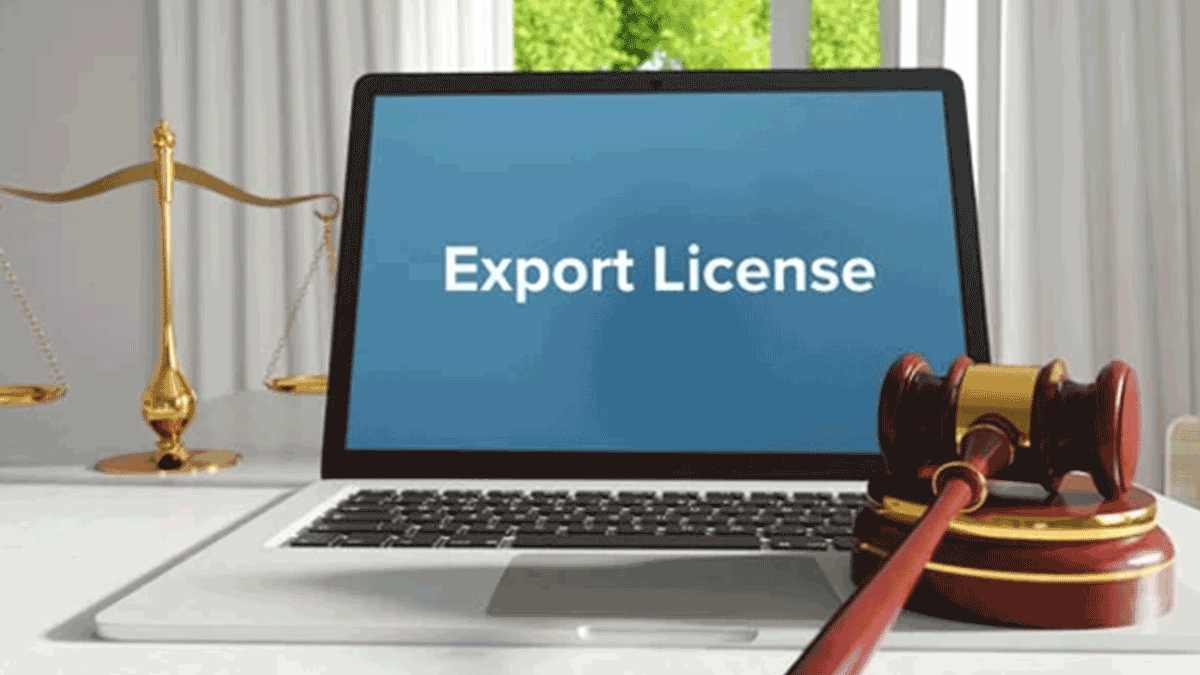On: October 5, 2020 By: David Noah
What Your Sales Team Needs to Know about Export Compliance
For many companies, export compliance is something that happens after a sale is made. That can be too late. In order for your company's compliance plan to work properly--and to ensure your sales team isn't wasting time and money--it's something they need to be aware of right from the start.








